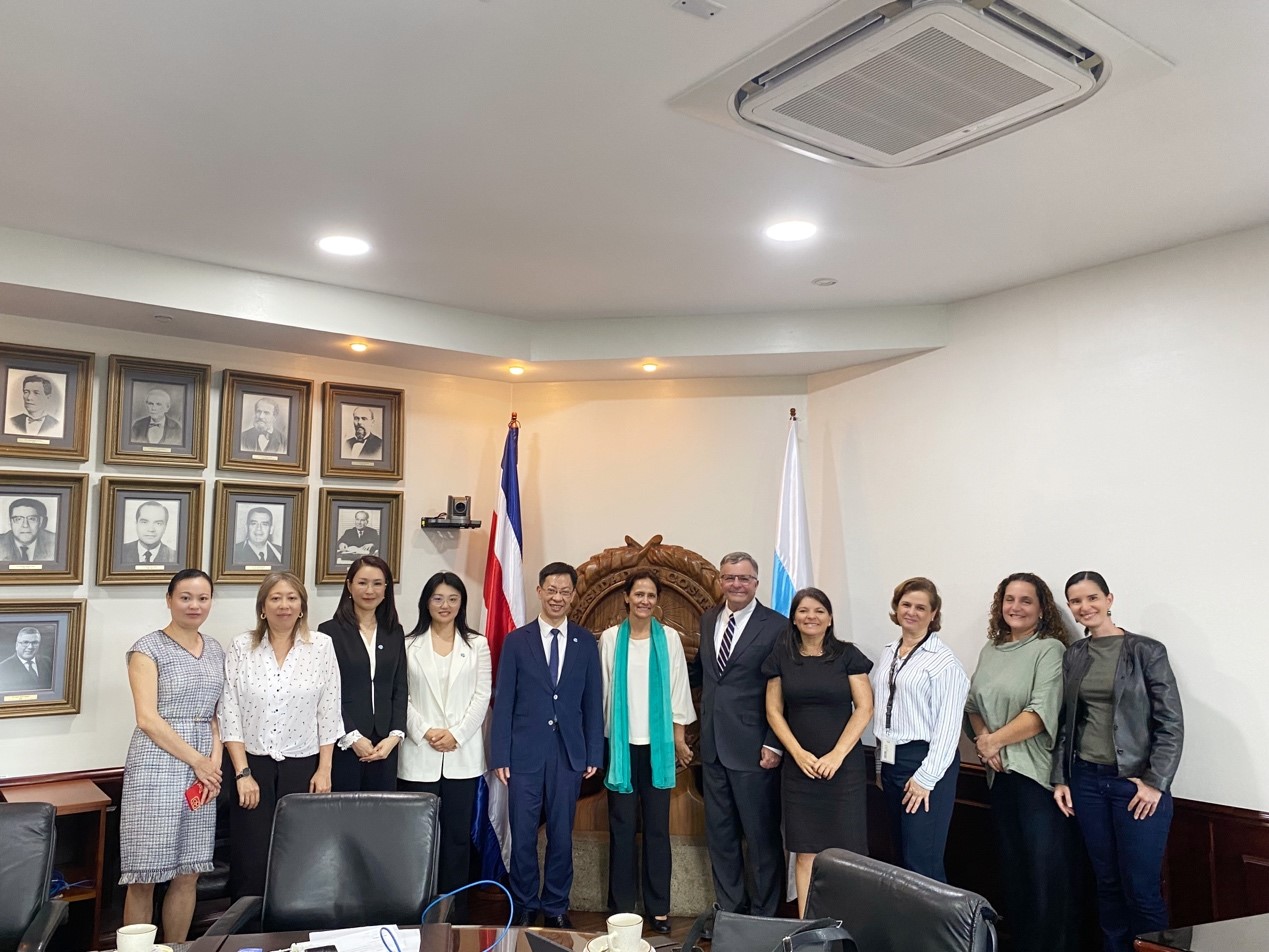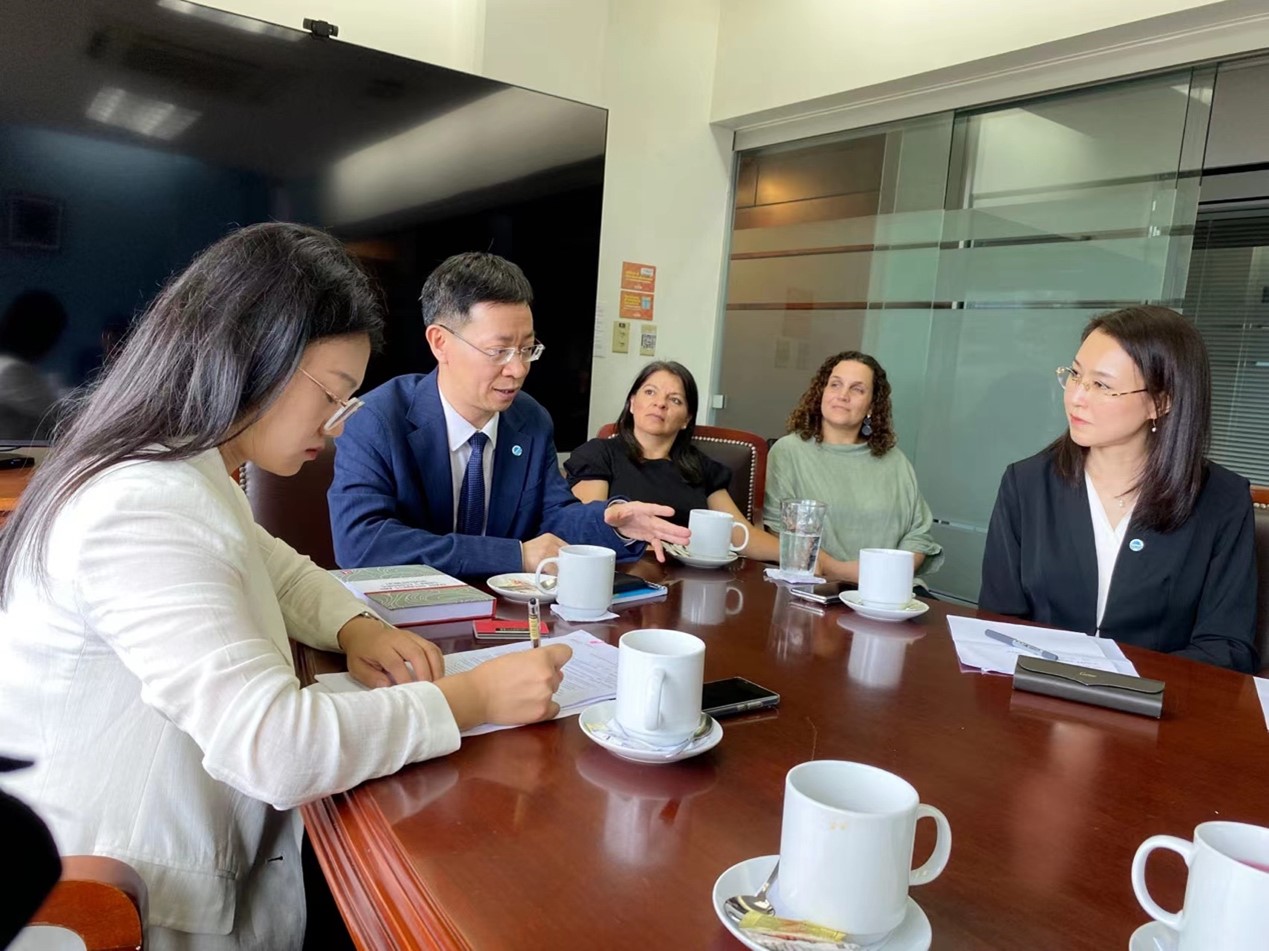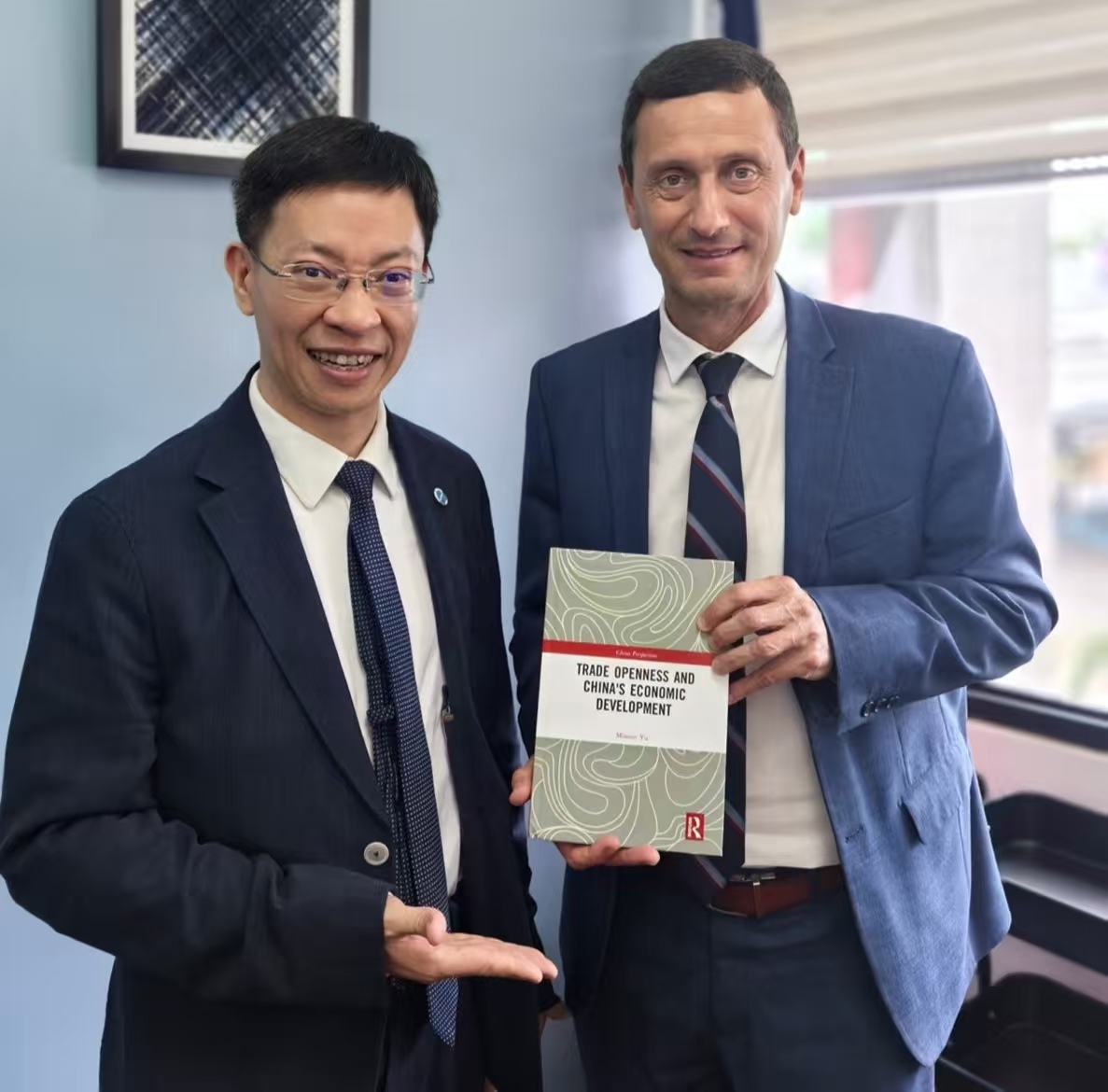Costa Rica is the first country in Central America to forge diplomatic relations with China in the new century. In 2010, Costa Rica signed a free trade agreement with China and in 2018, it signed another memorandum of understanding to work with China to build the Belt and Road Initiative. As General Secretary Xi Jinping noted that China-Costa Rica relations can be represented as model of friendly cooperation between countries of different sizes and national conditions. To deliver on the message of General Secretary Xi Jinping’s important speeches, build a new frontier of Liaoning’s opening to the outside world and deeply integrate itself into the BRI, Liaoning University actively explores cooperative and exchange channels with the embassies and consulates in Costa Rica as well as the universities, research institutes and international organizations in the country.

From July 29 to 31, 2024, a delegation from Liaoning University visited three universities, the Earth Charter International Center and the Embassy of the People’s Republic of China (PRC) in Costa Rica. It included Professor Yu Miaojie, a deputy to 14th National People’s Congress, Fellow of the International Economic Association, Deputy Secretary of the CPC Committee and President of Liaoning University, Associate Professor Yin Ruyu, Deputy Director of the Office of International Affairs and Associate Professor Chen Fu, Deputy Director of the Institute of Environmental Economics.
On July 29, the delegation visited the University of Costa Rica, where they were warmly welcomed by Gustavo Gutierrez Espeleta, President of the University of Costa Rica, Leonardo Castello Rodriguez, Dean of the School of Economic Sciences and Diana Senior Angulo, Director of the Office of International Affairs and Outbound Cooperation.
President Yu Miaojie introduced the remarkable achievements made by Liaoning University in ‘Double First-class’ development, talent training and social services in detail. In particular, he noted that Liaoning University had significantly enhanced its recognition and influence of key disciplines such as economics at home and abroad by continuously improving the teaching, promoting interdisciplinary integration and deepening university-enterprise cooperation. Deputy Director Chen Fu introduced the research progress of Liaoning University in the fields of environmental policy, green economy and sustainable development strategies. She elaborated on the measures of the university in scientific research innovation and international cooperation and how to effectively promote the coordinated development of the environment and economy. She also shared some practical cases in green technologies and low-carbon development strategies, highlighting the contribution of Liaoning University in global environmental economy. Deputy Director Yin Ruyu shared the latest achievements of Liaoning University in expanding international horizons and weaving a global cooperative network. She introduced in detail the cooperative programs between the university and some international universities and scientific research institutes, including exchange programs among students and teachers, joint research, etc. She stressed how these activities effectively promoted academic exchanges and cultural understanding between China and the international universities.

President Gustavo introduced in detail the latest progress of the University of Costa Rica in providing high-quality education and scientific research innovation. He noted that as the university won the title as a top institution of higher education in Central America again in 2023, the university is committed to cultivating graduates with an international vision and innovative abilities. He added that especially in the fields of environmental science and sustainable development, the university had achieved remarkable fruits by cooperating with many academic institutes around the world. Dean Leonardo elaborated on the innovative courses offered by the school to meet the national economic needs and the achievements made in integrating theories with practices. Director Diana shared on how the university enhanced its global influence by building a broad international cooperative network. In particular, she noted how the educational resources were enriched and the academic and cultural exchanges were promoted by cooperating with Chinese universities. She stressed that the cooperation with Liaoning University would bring win-win results of mutual benefits, especially in improving teaching and promoting sustainable development and environmental science research.

On July 30, the delegation called on the Embassy of People’s Republic of China (PRC) in Costa Rica, where they met Ambassador Wang Xiaoyao and Liu Wan, Director of the Political Department.
President Yu Miaojie comprehensively introduced the achievements made by Liaoning Province and Liaoning University in educational and economic development. From the perspective of international trade, he analyzed the new development opportunities and challenges brought by the BRI to China and Costa Rica. He particularly stressed in a globalized world, the close relationship between education and economic cooperation, especially by strengthening the cooperation between higher education and scientific research to promote knowledge innovation and technology transfer could spur economic growth and social development of both sides. He also put forward a slew of prospective suggestions, aiming at deepening the exchanges and cooperation between Liaoning University and the universities in Costa Rica and jointly meeting the challenges in global education and economic development.
Ambassador Wang Xiaoyao comprehensively introduced the history and realities of China-Costa Rica relations and shared the progress of cooperation in the fields of economy, trade and investment. He also discussed how the Chinese community and enterprises in the country could boost local development, analyzed the opportunities and challenges in the current situation and put forward suggestions for strengthening cooperation between the two sides. He finally emphasized that cultural and educational exchanges are essential to deepen the bilateral friendship and understanding between China and Costa Rica and expressed his support for the cooperation between the universities of the two countries.

